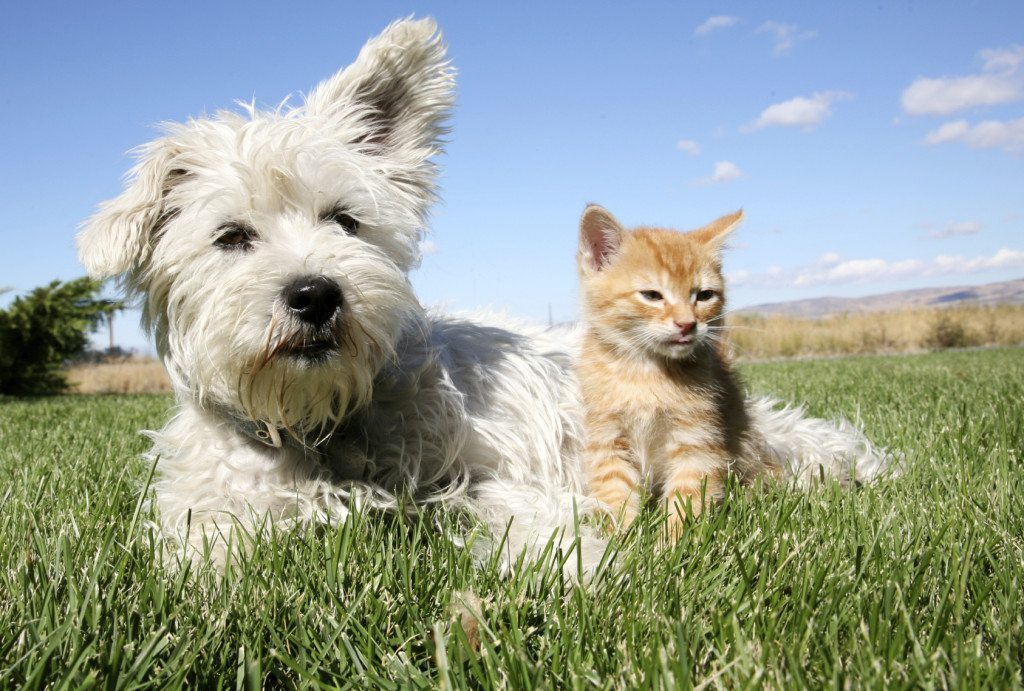So, have you ever wondered – is smoking around your pet dangerous? Before you assume that you’re the only one who suffers from your cigarette habit, think again. The truth might hit us when we look at how much we/others spend on tobacco each year. We cringe at commercials featuring smoke-filled wombs, at the thought of making a child pay for another’s decision. But if secondhand smoke residue remains in the air that your pets breathe, then they are breathing in all of the leftover toxins. If you can’t muster the motivation to quit for yourself, then you might find inspiration in knowing that the dangers that cigarettes pose to you are the same dangers that they pose to your pet. It’s easier to harm pets with secondhand smoke than you think.
Your Pets Breathe The Same Air That You Breathe
You might need to see the visible damage caused by secondhand smoke does to believe that it’s there, but scientists only need a blood sample. The blood of pets that live in smoking households contains high levels of cotinine, a nicotine metabolite. A nicotine metabolite wouldn’t be present in any creature’s blood unless they somehow ingested nicotine. The length of a dog’s nose corresponds to how much carcinogenic matter builds up inside of their nasal cavities and mouths. The longer a dog’s nose is, the more toxins it traps which then enter the lungs and circulate throughout the bloodstream. High cotinine levels found in birds exposed to smoke contribute to the development of cancer, blindness, heart problems, pneumonia, and infertility. Smoking around pets is essentially force-feeding them nicotine and carcinogens.
Your Pets Ingest Whatever Toxins Exist in Their Environment
Cigarette smoke contaminates more than just lungs; it also contaminates everything that it comes into contact with, haunting the space with a pungent odor and waxy brown film that gradually coats everything it touches. That includes your pets and everything that they taste or touch. Cats (like pets) that live in smoke-contaminated environments consume nicotine every time they groom themselves. Compared to cats that live in smoke-free environments, they face double the risk of developing cancer. Exposing cats to cigarette smoke triples their risk of developing malignant lymphoma, cancer of the lymph nodes.
Cigarette Butts Can Poison Your Pets
Cigarette butts are hazardous whenever they lie in a place where animals can reach them. Discarding these compact carcinogenic cocktails on the ground hinders plant growth by seeping toxins (including fiberglass and arsenic) into the soil and stunting surrounding plant life’s ability to develop healthy and strong root systems. Imagine what kind of effect those carcinogens have on a small animal’s body! It’s far too easy for a pet to mistake someone tossing a cigarette butt as an offer for a treat or a game of fetch. When animals swallow cigarette butts, they suffer from increased heart rate, blood pressure, and gastrointestinal complications such as stomach aches and vomiting. Much smaller in stature than humans, your pets face an increased risk for nicotine toxicity. Nicotine poisoning occurs in cats and dogs when they ingest 5 milligrams of nicotine per pound of their weight. Not smoking around your pets almost eliminates that risk entirely.
Show your love for your pets by protecting them from the dangers posed by cigarettes.
Photo Credit: istockphoto.com










